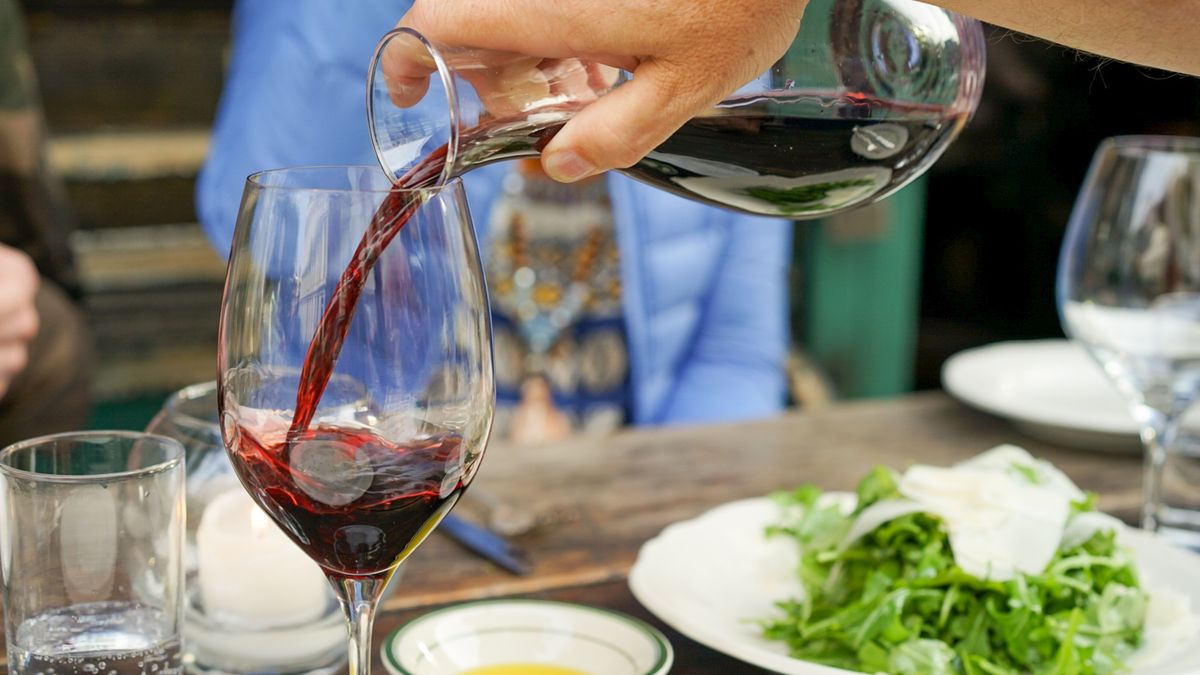The Executive Branch signed the authorization that allows the production, as well as the importation of this drink.
The approval was sooner than expected and the Uruguay may produce or import non-alcoholic wine from the signing of the Executive power in response to the request of Ministry of Livestock, Agriculture and Fisheries (MGAP).
The content you want to access is exclusive to subscribers.
The approved decree establishes the regulations for the production of non-alcoholic wine because until now its legal status did not exist. Meanwhile, according to national legislation, wine must have a minimum of 9.5 or 10 degrees of alcohol.


In this sense, the president of the National Institute of Viticulture (Inavi), Ricardo Cabrera, assured in dialogue with El Observador that the importation of this product will surely be the first since for production it is necessary to invest in specialized technology. In that sense, he announced that there will surely be joint actions to bring this technology.
As for when it will start to be sold in the gondolas, Cabrera estimated that it would begin to appear in a month for the Uruguayan public and emphasized that the consumer is the one who will set the tone for the product. Regarding its price, the president indicated that it will surely be similar to the price of wine with alcohol.
For the president, there is the possibility that there will be great acceptance by the Uruguayan public, causing a large number of sales. “I think so and I look at Europe and to the producing countries where they have adopted it to consume it without undermining the consumption of the wine itself,” he explained.
What is the production of non-alcoholic wine like?
The treatment that the wine receives is by Inverse osmosis, through a membrane that separates the alcohol components. In the procedure, a traditional and good quality wine is produced and then exposed to reverse osmosis to achieve separation. This treatment can be done to any type of came – even sparkling wines – although it has a high cost.
That is why the institute proposes that wineries join forces with others to lower costs. Among the countries that carry out the production of non-alcoholic wine are Netherlands, Australia and Spain, The latter was the first country to develop a plant capable of dealcoholize the wine in 2004.
“Non-alcoholic wine has been in the world for more than 30 years, the pioneers were Spain and France and in Latin America in Chili There is already a dealcoholized wine, not zero,” Cabrera explained.
Source: Ambito




